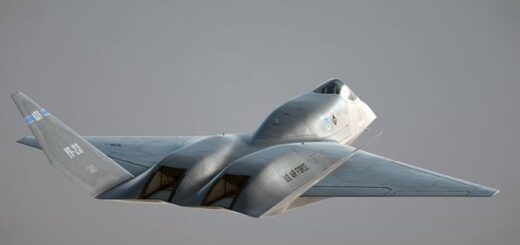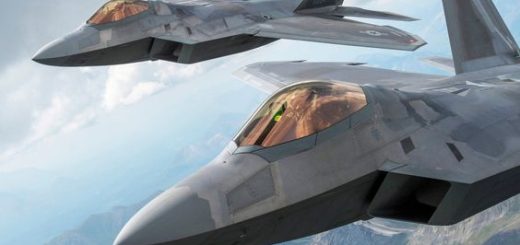8 Reasons Behind Not Selling The F-22 Raptor To Foreign Nations
One of the world’s most potent and sophisticated fighter planes is the Lockheed Martin F-22 Raptor, a wonder of contemporary aviation technology. But it has one special distinction: the F-22 has never been made available for sale to a foreign nation, in contrast to many other military aircraft. Within the international aviation and defense circles, this calculated move has aroused discussions, conjecture, and fascination. In this article, we will discuss 8 Reasons Behind Not Selling The F-22 Raptor To Foreign Nations.
1. Superior Technological Capabilities:
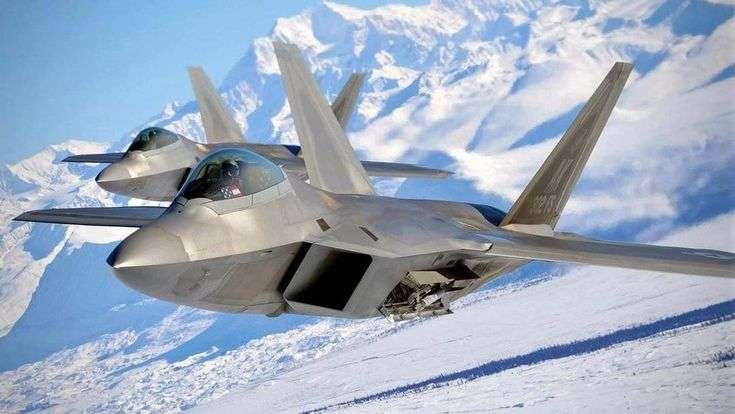
The F-22’s unmatched technological complexity is the reason for its non-export classification. Modern improvements on the aircraft include supercruise capability, sophisticated avionics, and stealth capabilities. Reluctant to cede its technical superiority, the US has slowly transferred these developments to other countries.
2. Preserving the Security of the Nation:
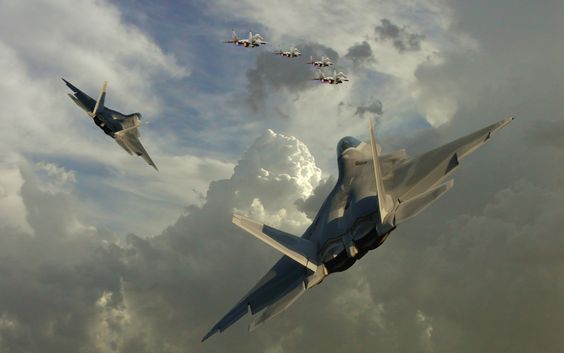
More than just a plane, the F-22 Raptor is an essential part of the US national security infrastructure. It is a strategic asset in preserving air dominance due to its unparalleled capabilities. The U.S. government has limited the export of F-22 technology to protect its military edge due to worries that possible enemies may have access to it.
3. Intelligent Covert Technology:
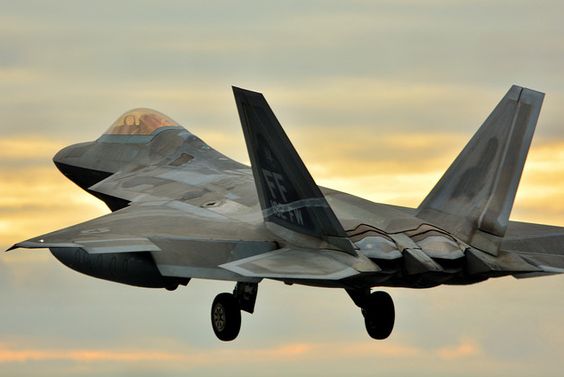
The F-22 is known for its stealth technology, which allows aircraft to function covertly in hostile circumstances. Sensitive information includes the details of the F-22’s stealth design and materials. Exporting the aircraft might jeopardize its efficacy in future battles by disclosing these carefully held secrets.
4. Budgetary and Cost Considerations:
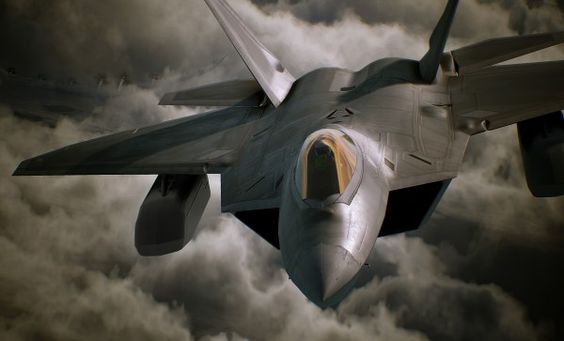
With all of its sophisticated features, the F-22 Raptor is not cheap. The choice to not sell it for export was mostly influenced by the development and continuing maintenance expenditures. For nations with fewer military resources, the F-22 is a less viable option because of its high expenditures.
5. The strategy of U.S. Air Dominance:
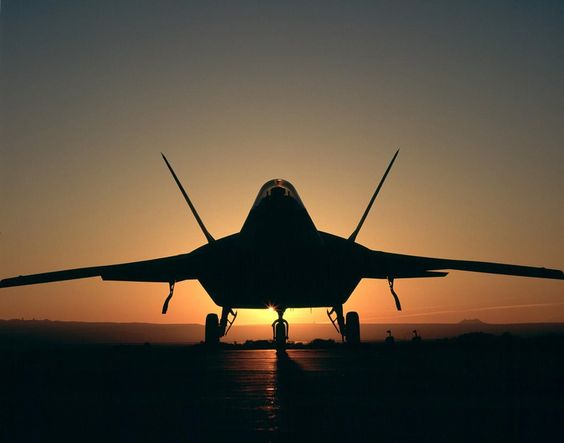
The United States has continued to emphasize its supremacy in aerial combat under the doctrine of air dominance. This approach heavily relies on the F-22, and restricting its supply means that possible enemies would find it difficult to get a similar weapon, so solidifying US leadership in the world of warfare.
6. Transition to Next-Generation Media:
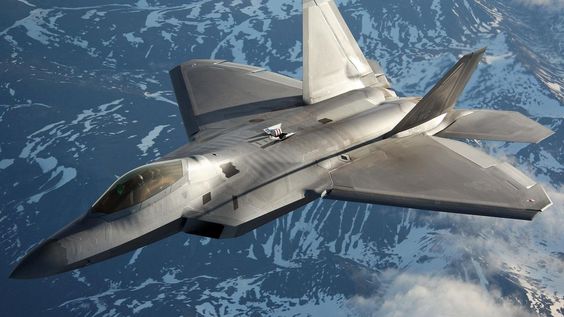
As military technology advances, the creation of next-generation fighter aircraft has taken center stage. Refusing to export the F-22 might potentially be part of a larger plan to switch to more sophisticated systems to stay ahead of any competitors in technology.
7. Global Alliances and Security Structures:
Historically, the United States has formed defense alliances with a limited number of countries to promote cooperation in military strategy and technology. These partnerships may contribute to the F-22’s exclusivity by encouraging cooperation with reliable partners and protecting critical technology.
8. Policy and Congressional Considerations:
Exports of military gear, particularly cutting-edge fighter planes, must pass Congress and take policy concerns into account. Which nations can purchase such cutting-edge weapons is largely determined by diplomatic and political considerations.
In conclusion, unraveling the mystery
The decision to maintain the F-22 Raptor inside US borders is the result of a complex plan that takes into account fiscal constraints, national security requirements, and technological preservation. Even as the world’s defense environment changes, the F-22 is still seen as a symbol of American air power and is closely guarded to preserve its exceptional standing in the military aviation community. The intriguing history of this historic aircraft captivates both aviation fans and defense strategists, as the uncertainty surrounding its export status adds to its fascination.

